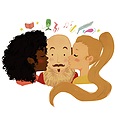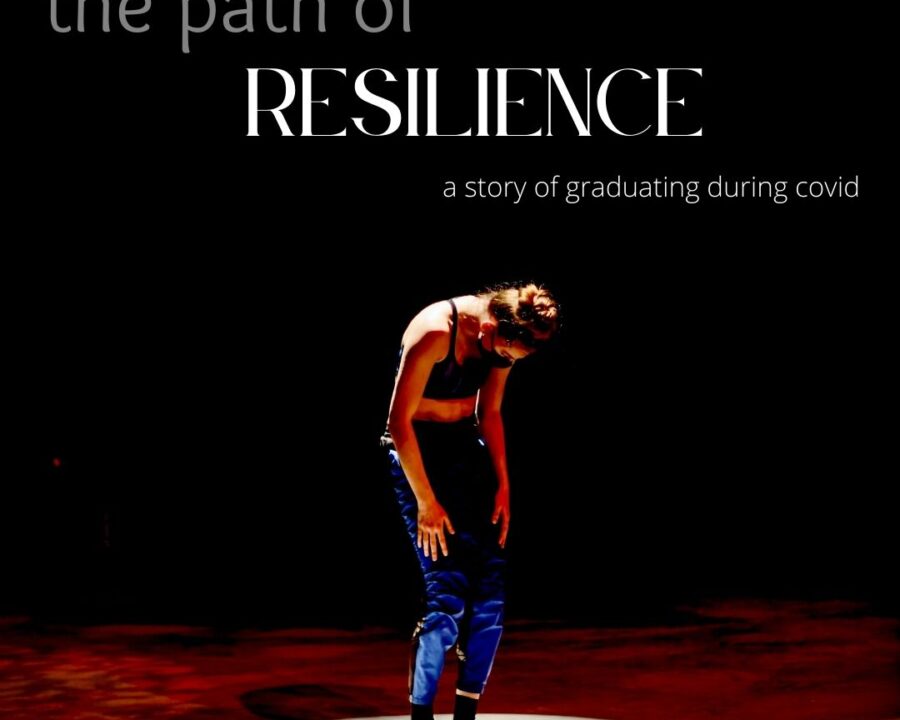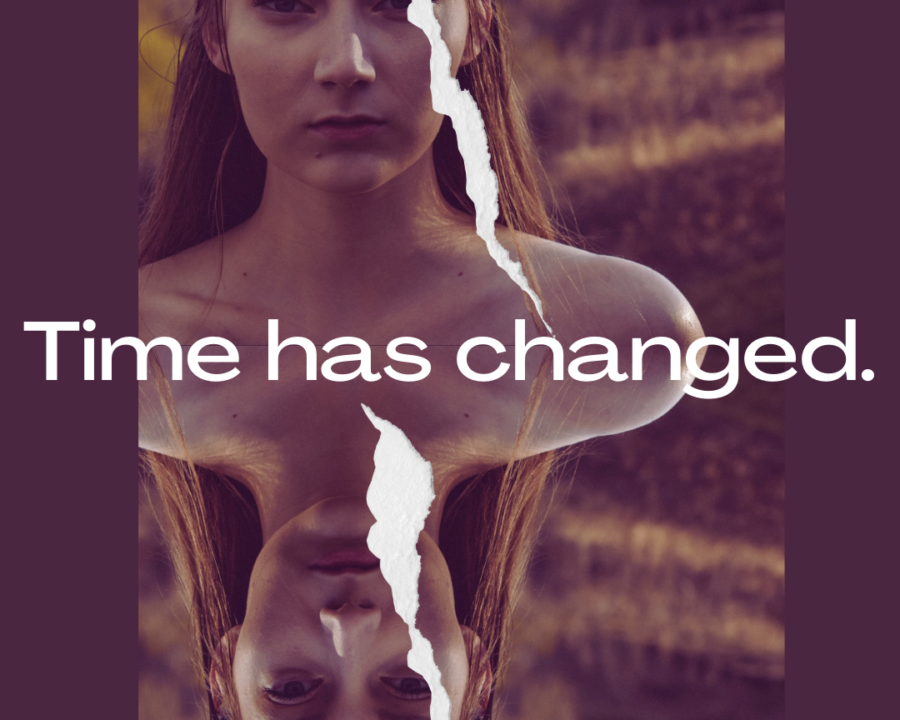
SELF-CARE CHAPTER
August 15, 2020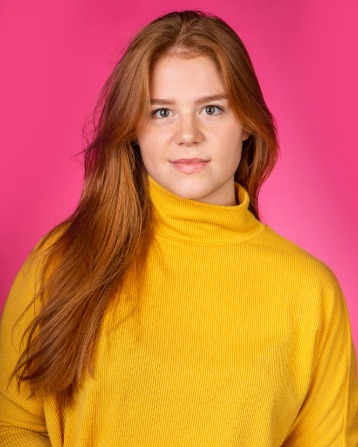
POETRY CONER
August 20, 2020Courtesy of NextFest workshops one of them peaked my interest. It was facilitated by Elena Beylea and Tori Morrison called HOW TO CO-CREATE A SHOW AND KEEP YOUR FRIENDS. And this posts is my notes from the workshop.
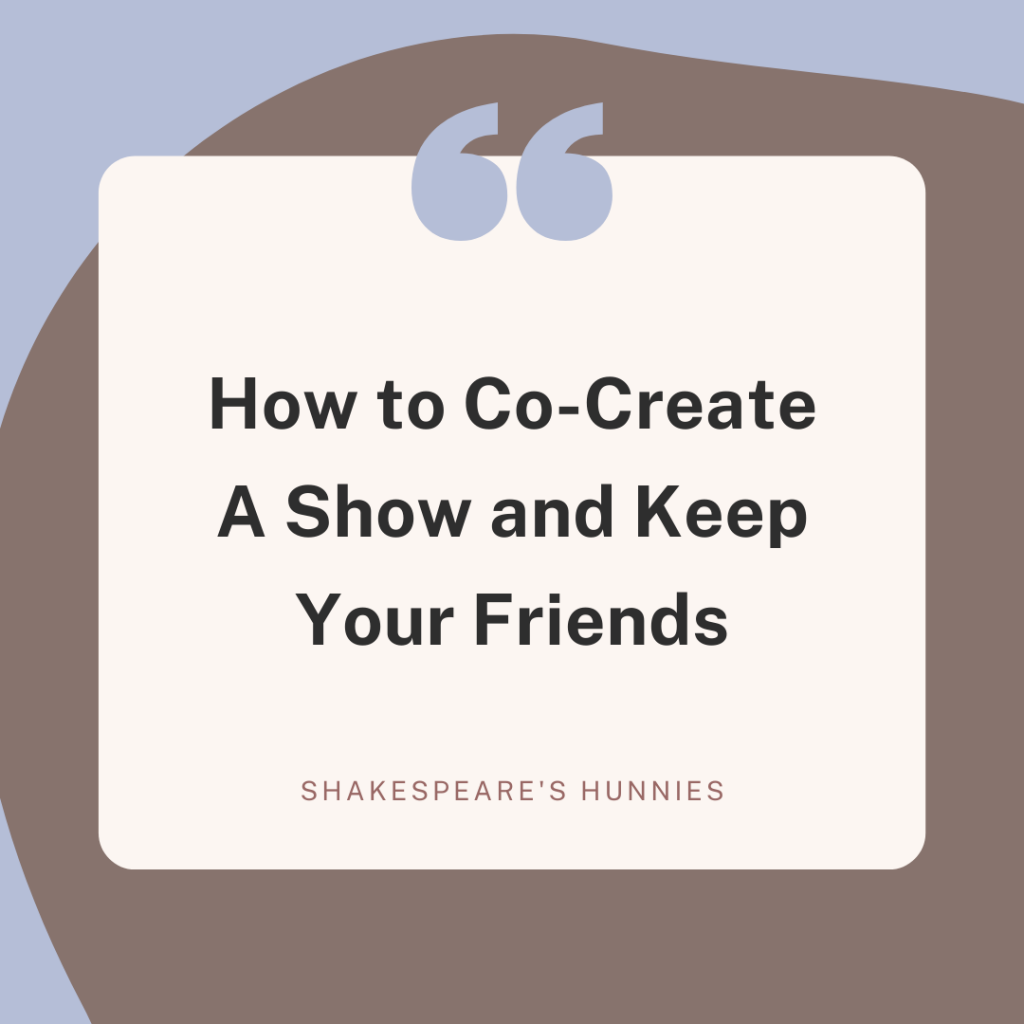
How to Co-Create A Show and Keep Your Friends
NextFest Workshop Notes
They began the workshop with defining what does successful mean? And how can you measure if something was successful? I appreciated their definition of the word in context to collaborating with friends or anyone in general. I would like to breakdown why this is valuable to consider when measuring the success of a piece and the process that goes along with it. They described it as being;
- Responsive: There’s interest and it is relevant or a piece that matters to you
- open: open-minded, open to change, open to adapt and also open to whomever
- transparent: communication is transparent, conflict is addressed sooner rather than later
- accountable: keep yourself responsible to what you agreed to do and agreed to commit to.
- safe: everyone for the most part feels included and heard
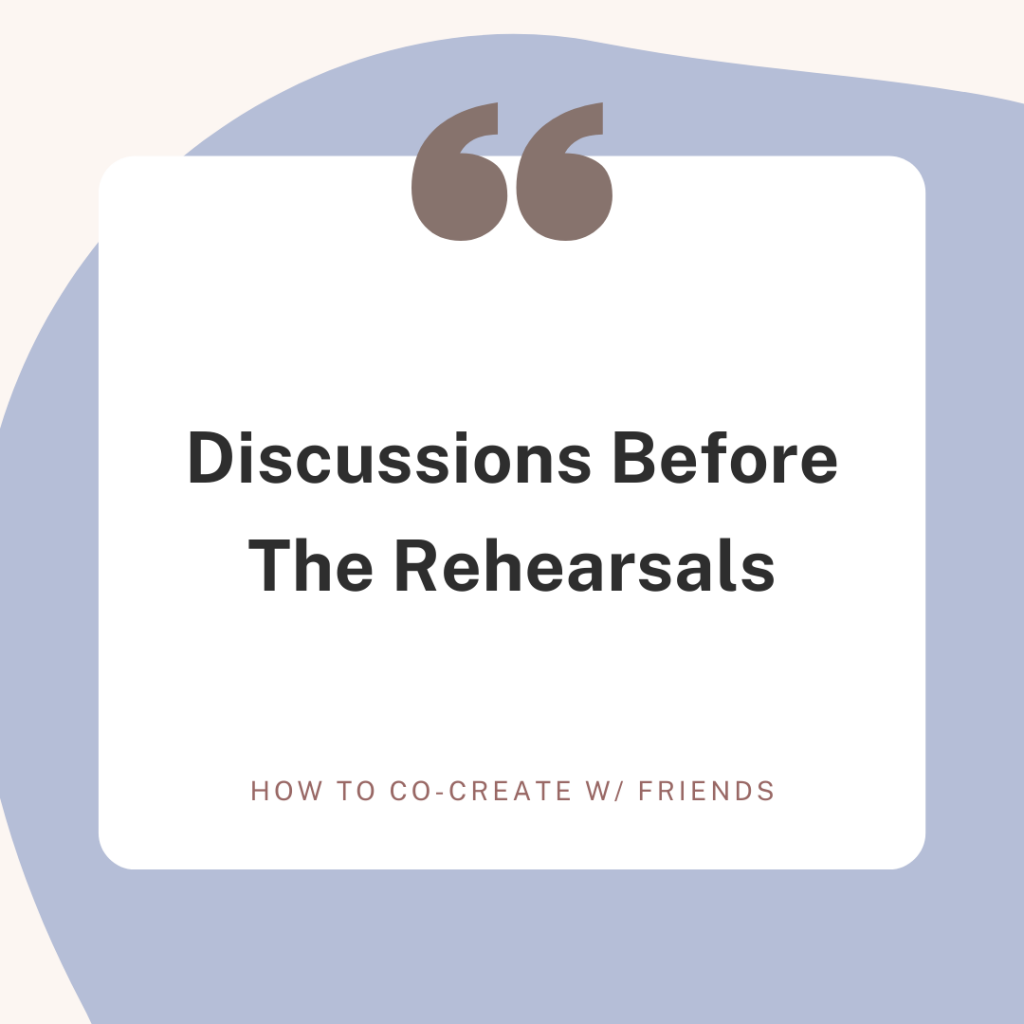
Discussions Before The Rehearsals
First off know your collaborators (would you vouch for one another) this is very important being someone on board who will be present, available and committed. I understand that you probably want to work with a friend or that your friend has been wanting to work with you and therefore, consider the working habits and what they can contribute to the piece before you agree to collaborating with them. They will still be your friend even if you do not want to work with them and if you follow these steps that I will breakdown further in the posts they will still be your friend after the production.
One year to 1 month before rehearsals begin ask yourselves these questions with your collaborators.
- Conversation with collaborators ask yourselves?
- What are we making?
- How was the idea for the piece conceived?
- What type of process are we going to follow? (collaborative, devised, directorial)
- How will we fund the project
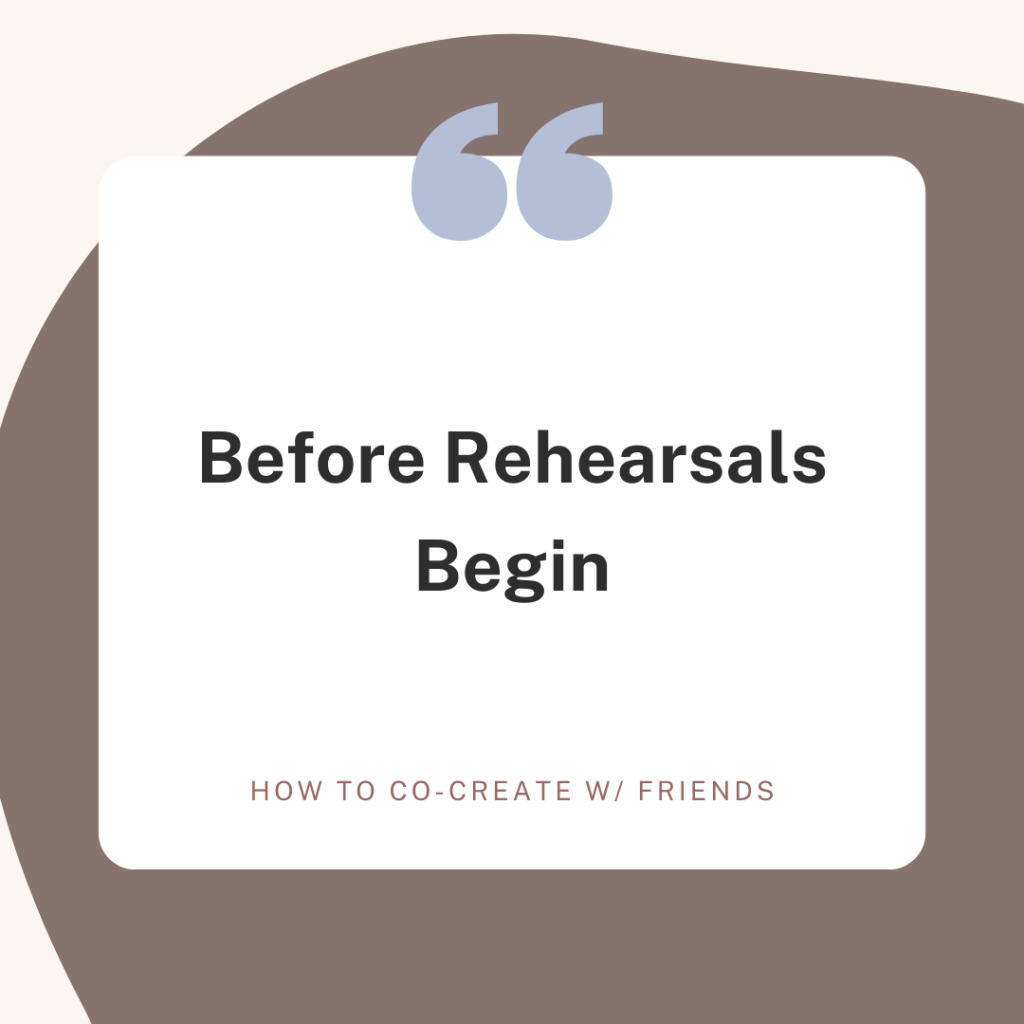
Before Rehearsals Begin
Create contracts together that covers the following information
- How long each member will be part of the project/contracted for
- Who has copyright and decision making responsibilities/role
- Who is who and what their role consists of
- When the production begins and ends
- How much will everyone be paid and when, and if not, then there should be a conversation on honorariums or compensation for the team’s work.
Discuss boundaries and code of conduct between collaborators, and essentially have a discussion on your work habits, the ways you process information and availability. Boundaries and code of conduct should continually be discussed and can change throughout the collaboration. It will be the spine of your process and again can change whenever suited, and you (collaborators) need to use open communication to avoid avoidable conflict.
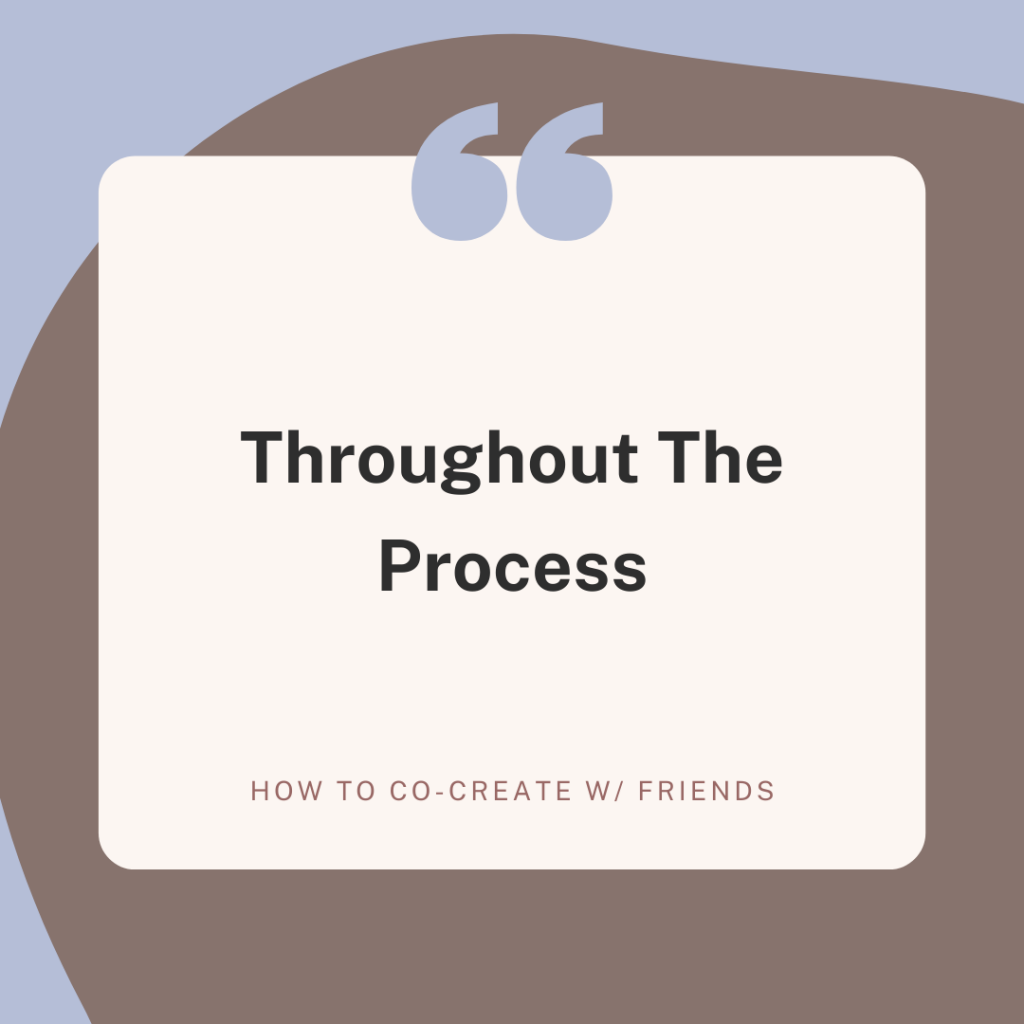
Throughout The Process
Check-ins and check-outs
Check-ins usually is quite simple; they can be as simple as how you are doing and what you have completed regarding tasks, and what your position is if this is the first meeting. Please keep it simple, and at times check-ins are also a great time to bring up any concerns that can be added into the agenda to be discussed further in the meeting.
Check-outs: closing statement could be a high-five; it could be a question that you have been waiting to ask. Check-outs are closing a rehearsal and another opportunity to check-in with your collaborators and see where everyone’s mind is. And ensure everyone is on the same page.
Addressing conflicts
Addressing conflicts with a friend that you are collaborating with can be challenging at times and even scary because you do not want to jeopardize your relationship. However, if a conflict arises, addressing right away is better than addressing it later. This will make a massive difference in your communication amongst one another and hopefully encourage transparency and ensure that it won’t be an issue in the short run and long run of the production. Morrison brought up a great point that conflict arises when a group of people are working together and care genuinely for the work they are making. Therefore, everyone is putting their all, and sometimes a difference of opinions comes forward, which is not a negative and, in fact, a positive. You want people who can bring forth different perspectives on the piece you are creating, so compromise and listening to one another is vital in making everyone feel heard and diversifying the art’s quality.
In the end of the day we are here to create the art we always wanted to share and doing it with friends makes it fun and enjoyable. The friends you choose to grow with and invest with are the friends you will keep for a long time so invest smart my friends!
Hi Hunksters, I loved writing this post because I personally work alongside with many of my friends and I can understand the ups and downs of it all but in the end of the day I find that my friendship grow stronger with every project we commit to! Contact us today if you have any questions regarding this topic Lauren and I (Eunice) can answer them.
